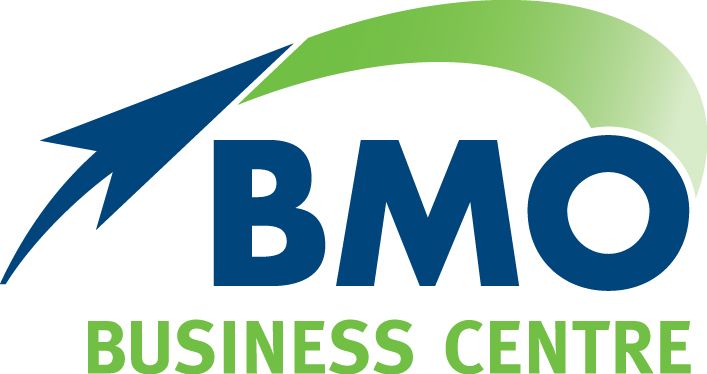Keeping score of your credit rating
In many ways, applying for a loan has never been easier. Interest rates are comparatively low and competition among lenders for new business is intense. So it can come as a shock when a loan application is turned down. The reason is often a bad personal credit score, but few people understand what that is, let alone how to improve it.
Having a good credit score can help you secure the best financial deals, but first you need to understand what your credit score is and what steps you can take to improve it.
What is a credit score?
Your credit score is based on information collected by credit reporting agencies and documented in your personal credit report. This information includes personal details such as your age and where you live, how much you’ve borrowed and who from, the number of credit applications you’ve made and any unpaid or overdue payments. These could relate to a bank loan, rent, mortgage or even an overdue phone bill.
Lenders and credit providers such as banks and credit unions use this information to work out how risky it is to lend you money.
How do you find your credit rating?
The good news is that you can get a copy of your credit file once a year for free as well as your credit score from online sites such as Creditsavvy, Equifax (previously called Veda) and Finder (which uses Equifax scores).
Depending on the credit reporting agency, you will receive a number out of 1000 or 1200 that’s broken down into five categories, from excellent to below average. If you fall into one of the lower categories, lenders may ask for more information or deny you credit.
It’s worth checking your credit file before you apply for a loan to make sure the information is accurate and that you haven’t been the victim of fraud or identity theft. If there are mistakes, credit providers and reporting agencies are legally obliged to investigate and correct them free of charge.
How to improve your credit score
You can increase your chances of being approved for a loan by understanding your score, correcting any errors and improving your creditworthiness with some simple actions.
- Pay your bills on time.
When you’re busy or on the move it’s easy to overlook an electricity bill or to forget a payment. One way to avoid this is to set up automatic payments.
- Lower your credit card limits.
You may think having a high credit card limit is a mark of success, but it can count against you. Lenders consider your credit limit as a liability even if you never use the full amount and pay your balance in full every month.
- Consolidate your debt.
By consolidating several personal loans or credit cards into one it can make it easier to keep track of repayments and save on fees and interest.
- Avoid making multiple credit enquiries.
Making lots of enquiries in a short space of time has a whiff of desperation about it and can lower your credit score. Do your homework, only consider a new loan or credit card when you need it and then apply for the options most suited to your needs.
- Notify your credit providers if your circumstances change.
If you move be sure to notify your bank, other lenders and utilities so your bills will be redirected and you won’t inadvertently miss a payment. The same goes if you change financial institutions – you need to contact loan providers to switch over automatic payments.
If you are about to start house-hunting or see an attractive investment, then timely access to credit is critical. Knowing your credit score and improving it if necessary can not only speed up your loan approval but also help you negotiate the most competitive rates.
If you would like to discuss ways to tackle debt and get your finances in shape, give us a call.
The post Keeping score of your credit rating appeared first on BMO Accountants.


